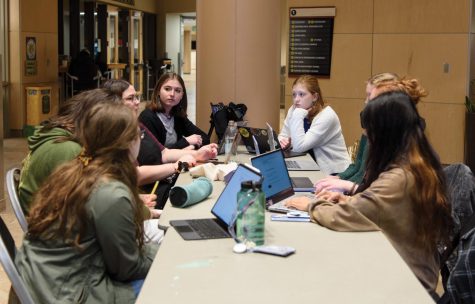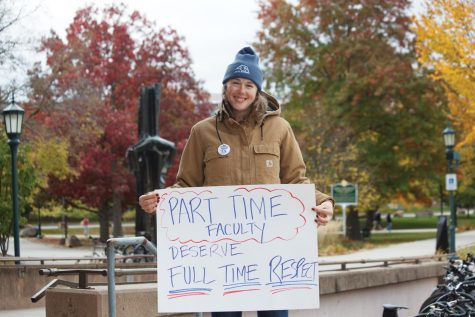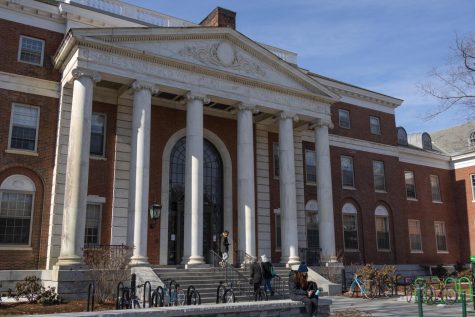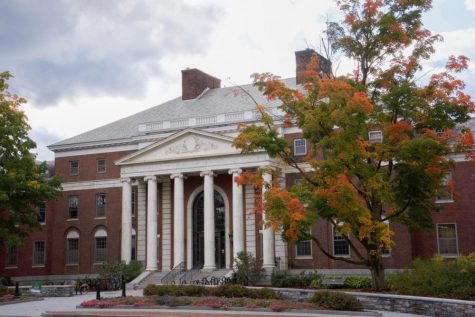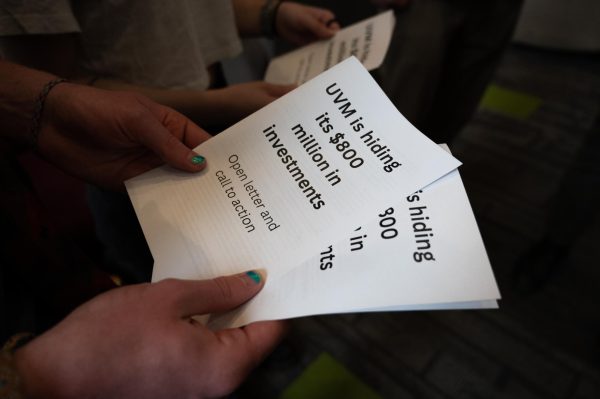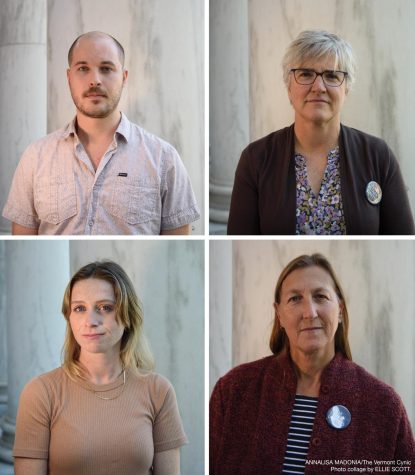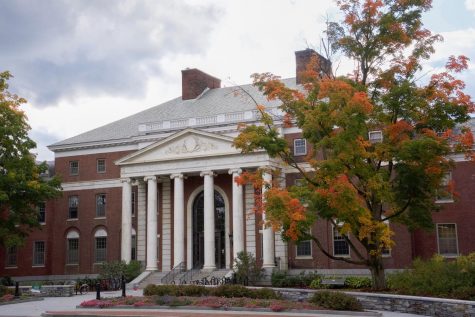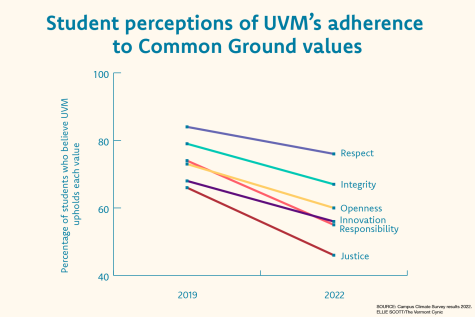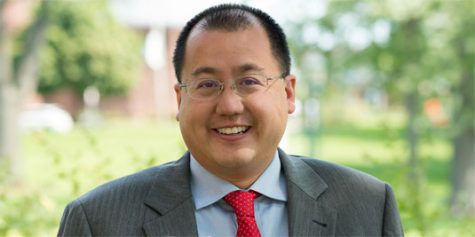Committee to deal with alcohol use
In a recent email to the UVM community, President Tom Sullivan addressed the continuing alcohol, marijuana and other drug problems the school faces.
One year ago, the president emailed students with a similar message announcing the “formation of a 72-person committee, made up of faculty, staff, students, parents and alumni,” for the purpose of addressing the growing problem.
“The president’s Committee on Alcohol and Other Drugs was formed out of concern about the impact of misuse on student health, safety, and full engagement in University life,” Jon Porter, director of the Center for Health and Wellbeing said.
The committee has come up with over 60 recommendations about how to mitigate misuse which are now under review by the President, Porter said.
There are many outcomes for the University because of this, Porter said.
These include naming the issue as an important one to address, committing to change the community’s culture regarding misuse, using evidence-based interventions and measuring progress, having transparency about progress and setbacks and committing to long term outcomes.
In the following year, the President’s Committee on Alcohol and Other Drugs has said that students widely misuse and abuse alcohol, marijuana and other drugs at UVM, according to the Feb. 17 email from Sullivan.
“Yes, I think I probably misuse alcohol, and I guess it could probably kill a few brain cells, but no, I don’t really think that’s a problem,” sophomore Connor Sullivan said. “It’s just part of school culture.”
About 80 percent of all college students will drink during their time on campus, and about half of those students take part in binge drinking, according to the National Institute of Alcohol Abuse and Alcoholism.
In addition, the committee, which describes itself as “fundamentally invested in student health, wellbeing and success,” announced the formation of the UVM Wellness Environment.
The new program, based out of the Christie-Wright-Patterson complex on Redstone campus, will offer students “individual nutritional and exercise mentoring,”
This program will only be available to students who choose to sign up from the incoming freshman class of the fall of 2015, the email stated.
“I think it’s silly that it’s only going to be available to one class,” junior Kelsey Mattison said. “Programs designed to improve students’ lives like that should be available to everyone, and they shouldn’t have come about from an alcohol prevention program.”


